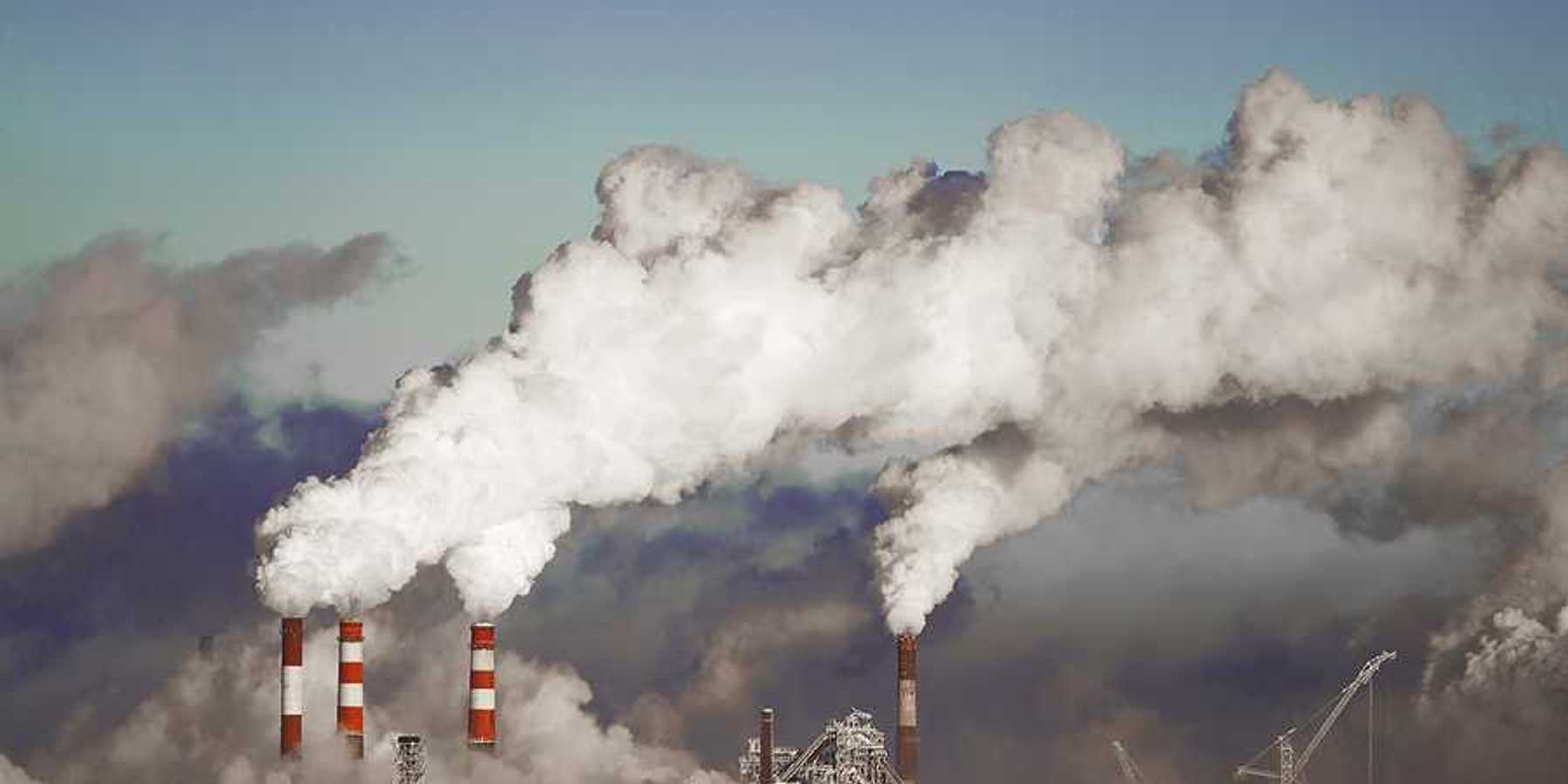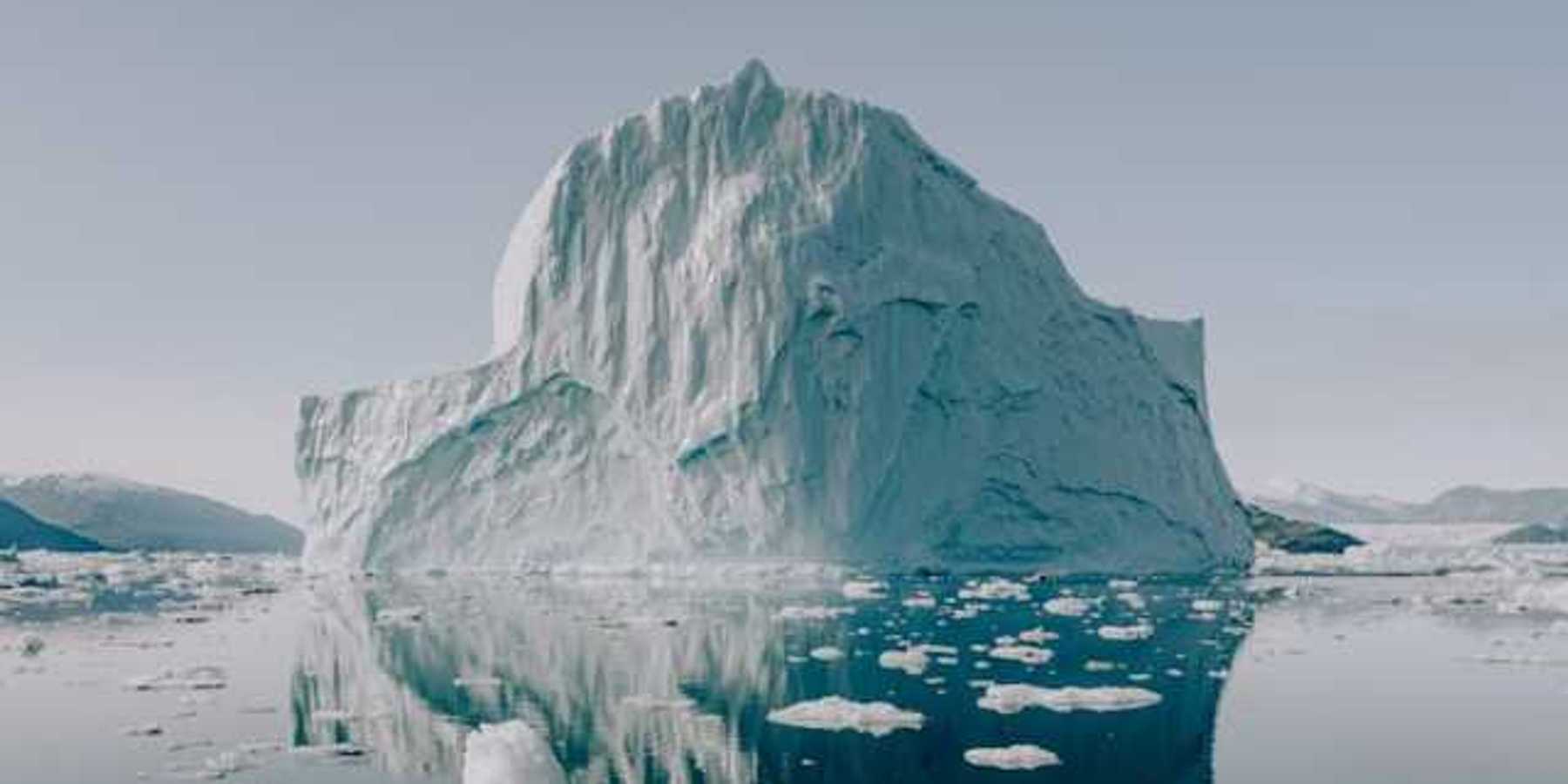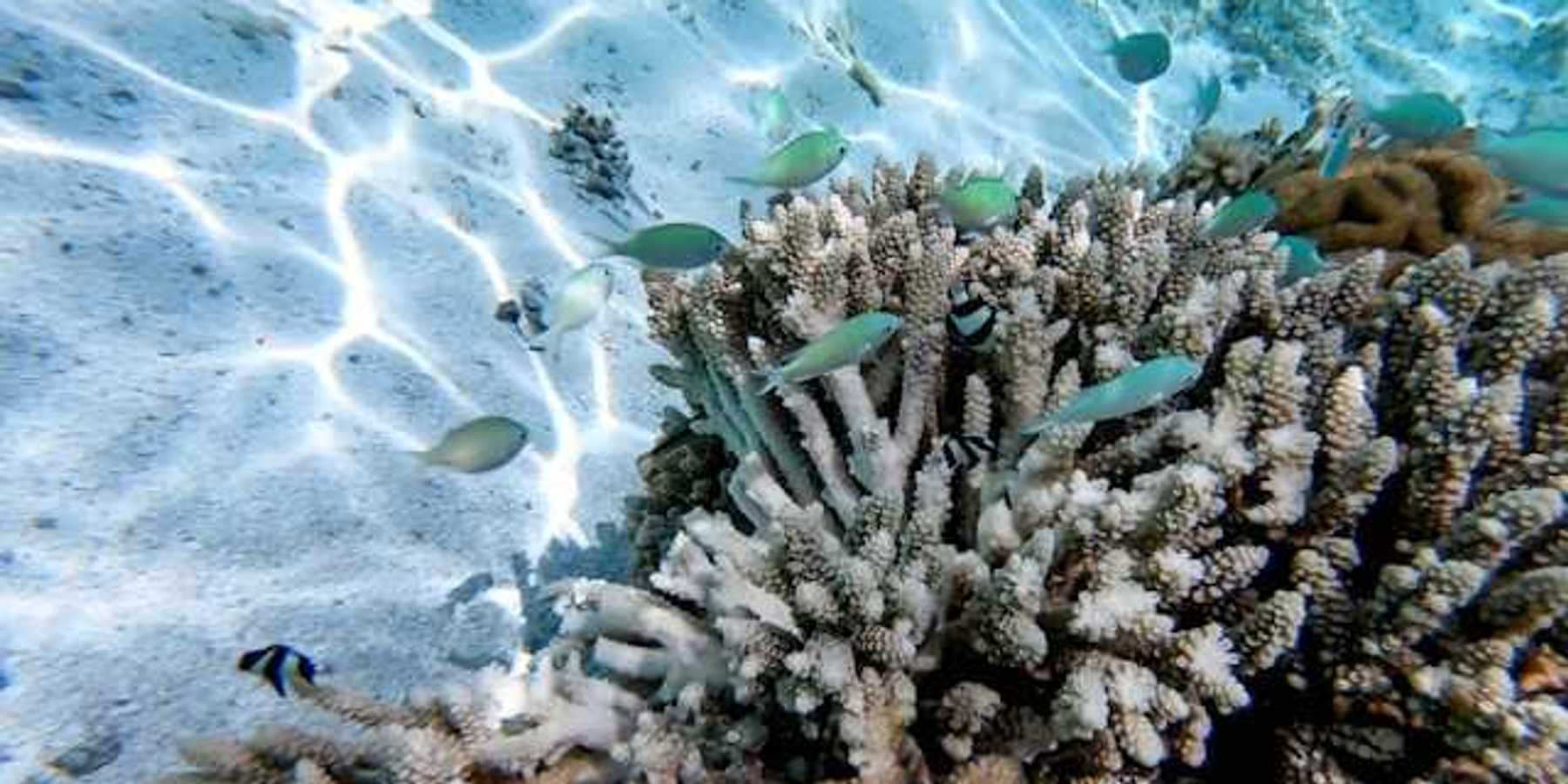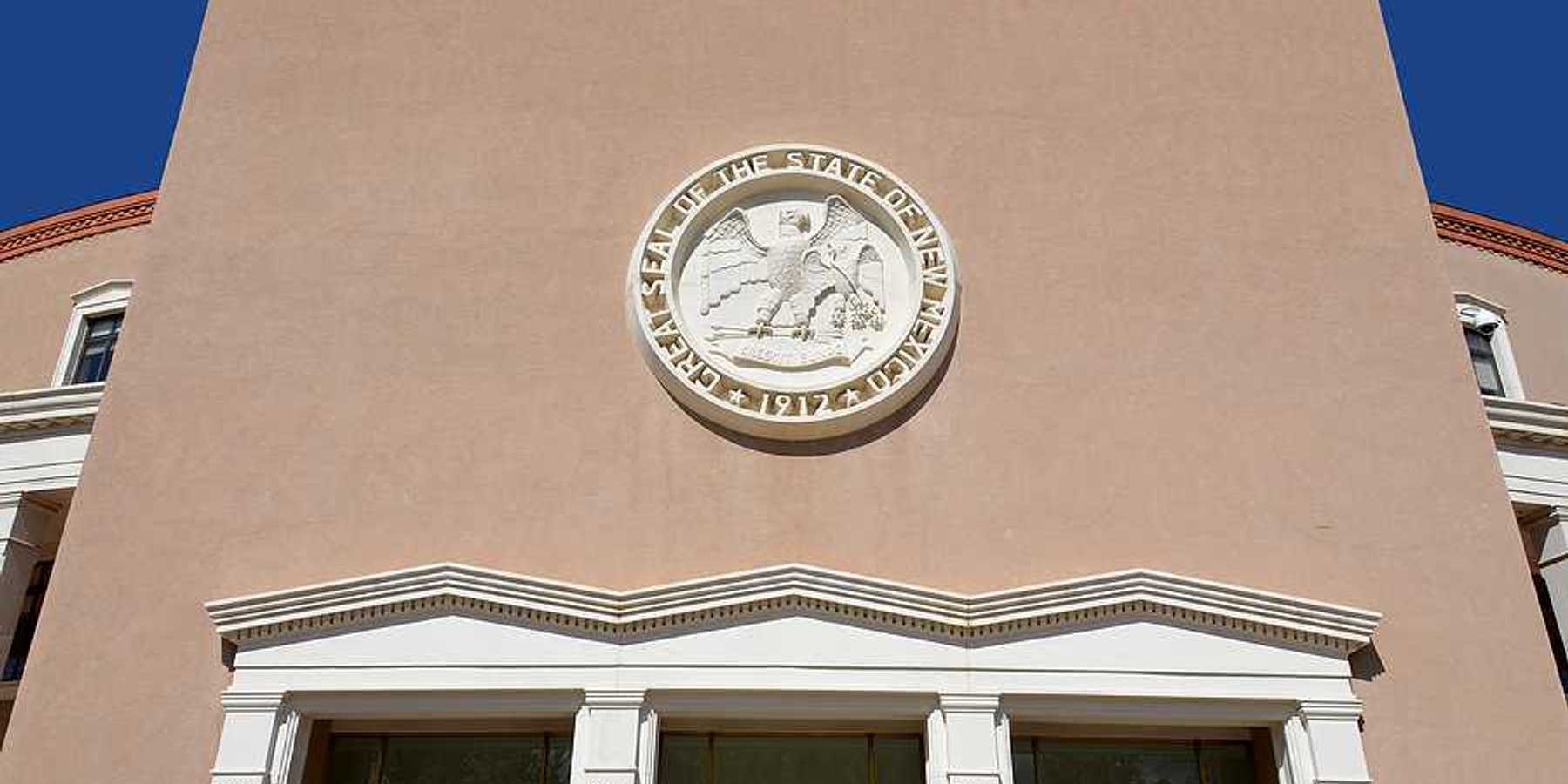Climate change poses severe health risks in British Columbia
A recent report from Vancouver Coastal Health highlights the urgent and diverse health risks posed by climate change in British Columbia, with specific concerns for vulnerable populations.
Michelle Gamage reports for The Tyee.
In short:
- The report by Vancouver Coastal Health outlines the impact of climate hazards like wildfire smoke, droughts, heat, storms, and flooding on health, emphasizing the need for immediate mitigation and adaptation strategies.
- Dr. Patricia Daly, Chief Medical Health Officer, and other health experts emphasize the disproportionate impact on Indigenous communities and the importance of addressing pre-existing social and health disparities.
- Recommendations include infrastructure changes such as retrofitting buildings with cooling systems and enhancing green spaces, to combat the effects of extreme weather events.
Key quote:
"The existential threat to our population is climate change."
— Dr. Patricia Daly, chief medical health officer, Vancouver Coastal Health.
Why this matters:
This article underscores the link between climate change and public health, highlighting the need for comprehensive and inclusive strategies to mitigate health risks, especially for vulnerable groups. In the broader context, it reflects a growing recognition of climate change as a pressing health emergency that requires urgent action from both public health authorities and policymakers.













